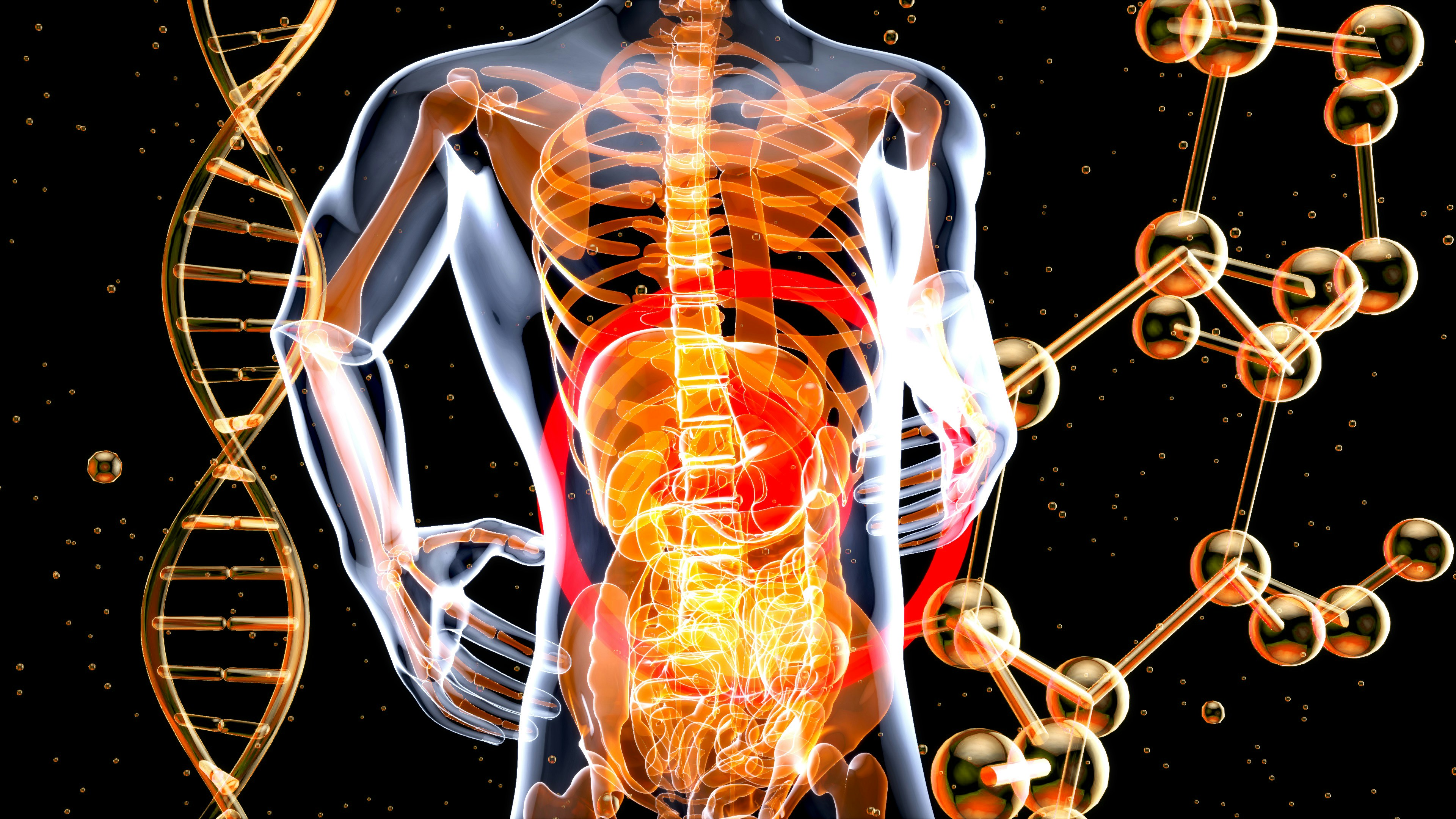How to Optimize Hormonal Health: A Science-Backed Guide to Wellness
Hormones act as the body's chemical messengers, influencing metabolism, energy levels, mood, and overall well-being. As individuals age, hormonal shifts can lead to various health concerns, including weight gain, fatigue, and increased cholesterol levels. Research indicates that hormonal imbalances may contribute to chronic diseases such as cardiovascular disease, diabetes, and osteoporosis.
Understanding the Hormonal Landscape and Its Impact on Health
A study published in the Journal of Endocrinology underscores the importance of maintaining hormonal balance to mitigate these risks.
Understanding how estrogen, cortisol, insulin, and thyroid hormones interact within the body is essential for effective health management. A 2023 report from the Endocrine Society found that nearly 80% of individuals experiencing chronic fatigue also exhibited some form of hormonal dysregulation.
How Aging Alters Hormonal Equilibrium
Aging is a natural process, yet its effects on hormones can be profound. Perimenopause, menopause, and andropause mark critical hormonal shifts that influence everything from metabolism to cardiovascular health.
Estrogen Decline and Its Implications: Research from suggests that declining estrogen levels may contribute to higher LDL (bad cholesterol) and lower HDL (good cholesterol), increasing the risk of heart disease.
Cortisol Dysregulation: Chronic stress elevates cortisol levels, which in turn increases fat accumulation around the abdomen and triggers insulin resistance. Studies from the National Institutes of Health confirm that persistent cortisol elevation may lead to metabolic disorders.
Thyroid Dysfunction: Thyroid hormones regulate metabolism. A sluggish thyroid can lead to fatigue, weight gain, and cognitive impairment. A study in the Journal of Clinical Endocrinology & Metabolism found that hypothyroidism is frequently misdiagnosed, leading to prolonged health complications.
The Role of Diet in Hormonal Balance
What we eat directly influences hormonal health. Nutrient-dense foods can help restore balance, while processed foods and sugar-laden diets exacerbate imbalances.
Incorporate Omega-3 Fatty Acids: Found in flaxseeds, walnuts, and fatty fish, omega-3s help regulate inflammation and hormonal signaling. Healthy fats emphasizes their role in maintaining cellular health.
Increase Fiber Intake: Fiber from whole grains, fruits, and vegetables aids in detoxifying excess estrogen and balancing blood sugar levels.
Optimize Protein Consumption: Adequate protein supports muscle maintenance and insulin sensitivity. A 2024 study in The American Journal of Clinical Nutrition found that individuals who consume 0.8-1.2g of protein per kg of body weight exhibit improved metabolic rates and lower body fat percentages.
Breaking Through the Hormonal Plateau
Hormonal imbalances do not develop overnight; they result from decades of lifestyle choices. The good news? Rebalancing hormones is achievable through targeted interventions:
Regular Strength Training: Resistance exercises boost testosterone and growth hormone levels, aiding muscle preservation and fat loss.
Mindful Stress Reduction: Practices such as meditation, yoga, and breathwork reduce cortisol levels, enhancing emotional resilience and metabolic efficiency.
Bioidentical Hormone Therapy (BHT): For some individuals, hormone replacement therapy (HRT) can significantly improve quality of life. The North American Menopause Society provides evidence-based guidelines on safe BHT usage.
Lifestyle Modifications for Long-Term Success
A holistic approach ensures sustainable hormonal balance. Beyond diet and exercise, consider:
Prioritizing Sleep: Poor sleep disrupts insulin sensitivity and hunger hormones, increasing the risk of weight gain. Cascade Vitality Center’s article on sleep optimization explores practical strategies for better rest.
Limiting Endocrine Disruptors: Avoid plastics, pesticides, and synthetic fragrances that interfere with hormonal function.
Routine Health Screenings: Annual tests for thyroid function, cholesterol levels, and hormonal panels provide insight into overall health status.
Conclusion
Take Control of Your Hormonal Health
Ignoring hormonal imbalances can lead to severe long-term health complications. However, taking proactive steps today can transform your well-being.
Schedule a consultation today to get a personalized hormone health assessment: Click here to book your appointment.
By integrating scientific insights, dietary interventions, and lifestyle modifications, you can reclaim control over your health and longevity. The time to act is now!
Articles
Discover our other articles
Explore our articles to know the best behavior about alimentation and well-being.





















